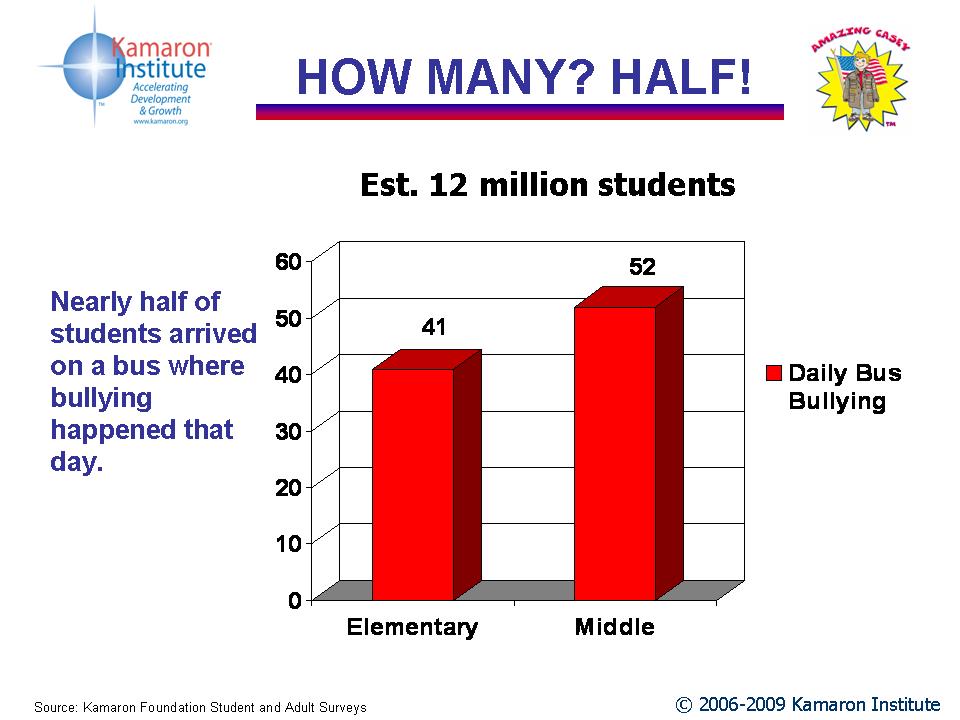Privacy Policy: Kamaron Institute: kamaron.org
This privacy policy has been compiled to better serve those who are concerned with how their ‘Personally Identifiable Information’ (PII) is being used online. PII, as described in US privacy law and information security, is information that can be used on its own or with other information to identify, contact, or locate a single person, or to identify an individual in context. Please read our privacy policy carefully to get a clear understanding of how we collect, use, protect or otherwise handle your Personally Identifiable Information in accordance with our website. This site is GDPR compliant.
Information Collected and Stored Automatically
By visiting our website, certain information may be automatically provided to us by your computer. For each visitor that comes to our site, our webservers automatically recognize a visitor's domain name or IP address. An IP address is a number assigned to your computer when you connect to the internet. As part of the protocol on the Internet, webservers can identify your computer by its IP address. In addition, we may collect your browser type and operating system as well as your internet service provider (ISP), referring and existing pages, date and time stamp, and/or clickstream data. We collect similar information when our website is accessed through a mobile device, including mobile device brand, model, mobile operating system and carrier.
Except as otherwise explained in this policy, we may combine the non-personal information we collect from you (as described above and below, under “Cookies & Pixel Tracking”) with your personal information in order to tailor our websites and enhance your online experience by saving your preferences and/or to help identify content offers that may be of interest to you.
Cookies & Pixel Tracking
We use cookies and pixel tags to enable, among other things, the tracking of your actions as a user of our website.
“Pixel Tags” may be used. Pixel Tags may be used in connection with our web pages, our online advertising, or our e-mail messages, either by us or by our service providers, business partners or other third parties. Pixel Tags are used to collect typically anonymous data to help identify types of information, including user activities such as completing webforms may be used for different purposes for example: retargeting and conversion tracking. and other information to improve the type of content that we deliver to you. Pixel Tags may also be used to identify which online advertisement or email has brought you to a website. Further, certain Pixel Tags may be used by other companies for the purpose of tracking visits to their websites, identifying if such internet traffic came from this website or confirming your eligibility to receive services or benefits from such other companies.
What personal information do we collect from the people that visit our website?
When downloading site content offers to ask for our assistance and signing up to receive blog emails, as appropriate, you may be asked to enter your first and last name, email address, and any other details to help you with your experience.
When do we collect information?
We collect information from you when you fill out a form on our site.
How do we use your information?
We may use the information we collect from you when you fill out a form on our site in the following ways:
• To personalize your experience, so we can deliver the type of content offerings most relevant to you.
• To improve our website in order to better serve you.
• To allow us to better service you in responding to your questions and comments submitted through our contact us form.
• To follow up with you after correspondence (email or phone inquiries).
How do we protect your information?
Our website and customer data is protected by a Web Application Firewall (WAF). The WAF automatically identifies and protects against attacks aimed at this website. Workshop website. The rules used to detect and block malicious traffic are aligned to the best practice guidelines documented by the Open Web Application Security Project (OWASP) in the OWASP Top 10 and similar recommendations. Protections from Distributed Denial of Service (DDOS) attacks are also incorporated, helping to ensure that our site is available continuously.
Do we use ‘cookies’?
Yes. Cookies are small files that a site or its service provider transfers to your computer’s hard drive through your Web browser (if you allow) that enables the site’s or service provider’s systems to recognize your browser and capture and remember certain information. They are used to help us understand your preferences based on previous or current site activity, which enables us to provide you with improved services. We also use cookies to help us compile aggregate data about site traffic and site interaction so that we can offer better site experiences and tools in the future. We use cookies to understand and save user preferences for future visits.
Turning Off Cookies
You can choose to have your computer warn you each time a cookie is being sent, or you can choose to turn off all cookies. You do this through your browser settings. Since each browser is a little different, look at your browser’s Help Menu to learn the correct way to modify your cookies.
Third-party disclosure
We do not sell, trade, or otherwise transfer to outside parties your Personally Identifiable Information.
Third-party Links & Links to Other Sites:
We sometimes include third-party links on our website that we think might be useful and relevant to our website users.
This site contains links, some of which are to other sites. Once you link to another site, you are subject to the privacy policy of the new site. We are not responsible for any content on or gathered for the sites we chose to link to via our web site. It is always good practice to delete the cookies on your computer each day. We also suggest that you use spyware blocking program and that you do not open email or attachments from organizations that you do not know.
Google Analytics
Third party cookies or Pixel Tags may collect information about a user of our site’s online activities over time and across different websites. Our website may use Google Analytics, which uses cookies and other, similar technologies (e.g. Pixel Tags) to collect information about website use anonymously and report trends, without identifying individual visitors. To learn more about Google Analytics, including how to opt out of it visit https://tools.google.com/dlpage/gaoptout(link is external)
California Online Privacy Protection Act
CalOPPA is the first state law in the nation to require commercial websites and online services to post a privacy policy. The law’s reach stretches well beyond California to require any person or company in the United States (and conceivably the world) that operates websites collecting Personally Identifiable Information from California consumers to post a conspicuous privacy policy on its website stating exactly the information being collected and those individuals or companies with whom it is being shared. – See more at: http://consumercal.org/california-online-privacy-protection-act-caloppa/#sthash.0FdRbT51.dpuf(link is external)
According to CalOPPA, we agree to the following:
Users can visit our site anonymously.
Once this privacy policy is created, we will add a link to it on our homepage or as a minimum, on the first significant page after entering our website.
Our Privacy Policy link includes the word ‘Privacy’ and can easily be found on the page specified above.
You will be notified on the Privacy Policy Page of any Privacy Policy changes:
How does our site handle Do Not Track signals?
We honor Do Not Track signals and Do Not Track or plant cookies when a Do Not Track (DNT) browser mechanism is in place.
Does our site allow third-party behavioral tracking?
It’s also important to note that we allow third-party behavioral tracking.
COPPA (Children Online Privacy Protection Act).
When it comes to the collection of personal information from children under the age of 13 years old, the Children’s Online Privacy Protection Act (COPPA) puts parents in control. The Federal Trade Commission, United States’ consumer protection agency, enforces the COPPA Rule, which spells out what operators of websites and online services must do to protect children’s privacy and safety online.
We do not specifically market to children under the age of 13 years old.
Fair Information Practices
The Fair Information Practices Principles form the backbone of privacy law in the United States and the concepts they include have played a significant role in the development of data protection laws around the globe. Understanding the Fair Information Practice Principles and how they should be implemented is critical to comply with the various privacy laws that protect personal information.
CAN-SPAM Act
The CAN-SPAM Act is a law that sets the rules for commercial email, establishes requirements for commercial messages, gives recipients the right to have emails stopped from being sent to them, and spells out tough penalties for violations.
If we collect your email address it is in order to:
• Send information, respond to inquiries, and/or other requests or questions
• Market to our mailing list or continue to send emails to our clients after the original transaction has occurred.
To be in accordance with CANSPAM, we agree to the following:
• Not use false or misleading subjects or email addresses.
• Identify the message as an advertisement in some reasonable way.
• Include in marketing emails the address of our business or site headquarters.
• Monitor third-party email marketing services for compliance, if one is used.
• Honor opt-out/unsubscribe requests quickly.
• Allow subscribers to unsubscribe by using the link at the bottom of each marketing email.
If at any time you would like to unsubscribe from receiving future marketing emails, you can:
• Follow the instructions at the bottom of each marketing email.
Copyright
Kamaron.org is a copyrighted site. Copyright filed with Library of Congress. The material on any type may not be copied or distributed without prior written permission. All worldwide rights reserved.
Terms updated May 22, 2018


